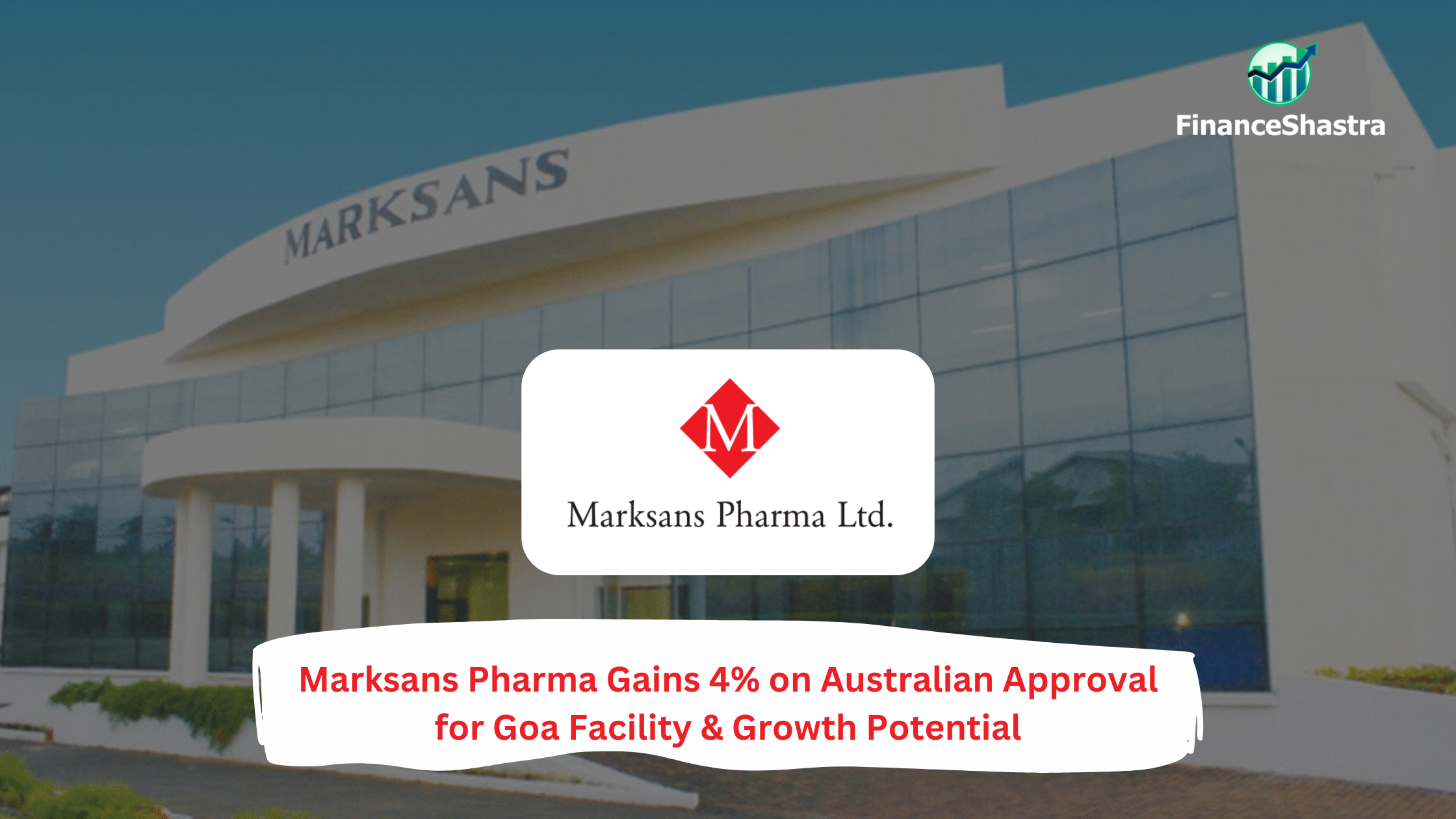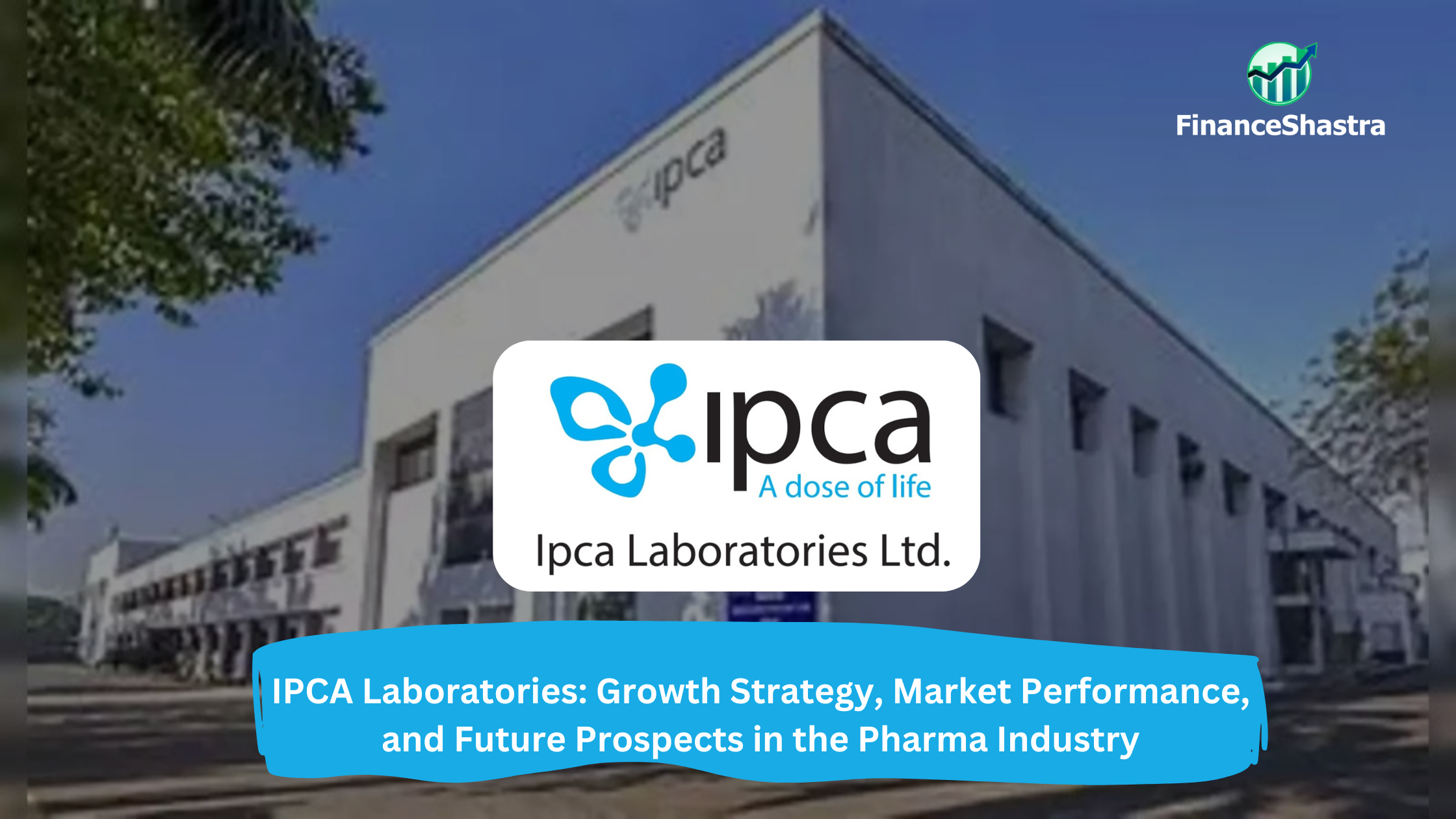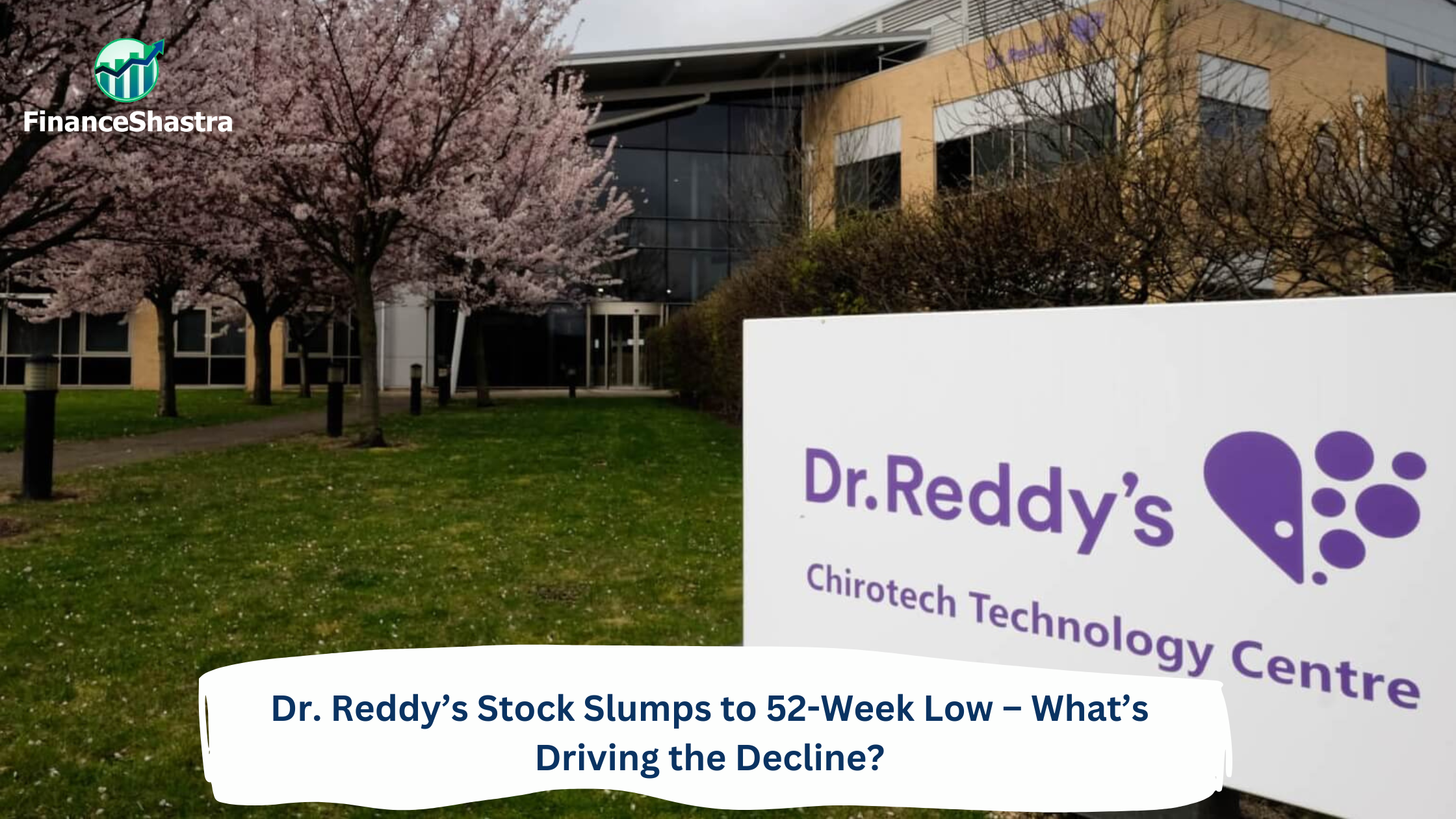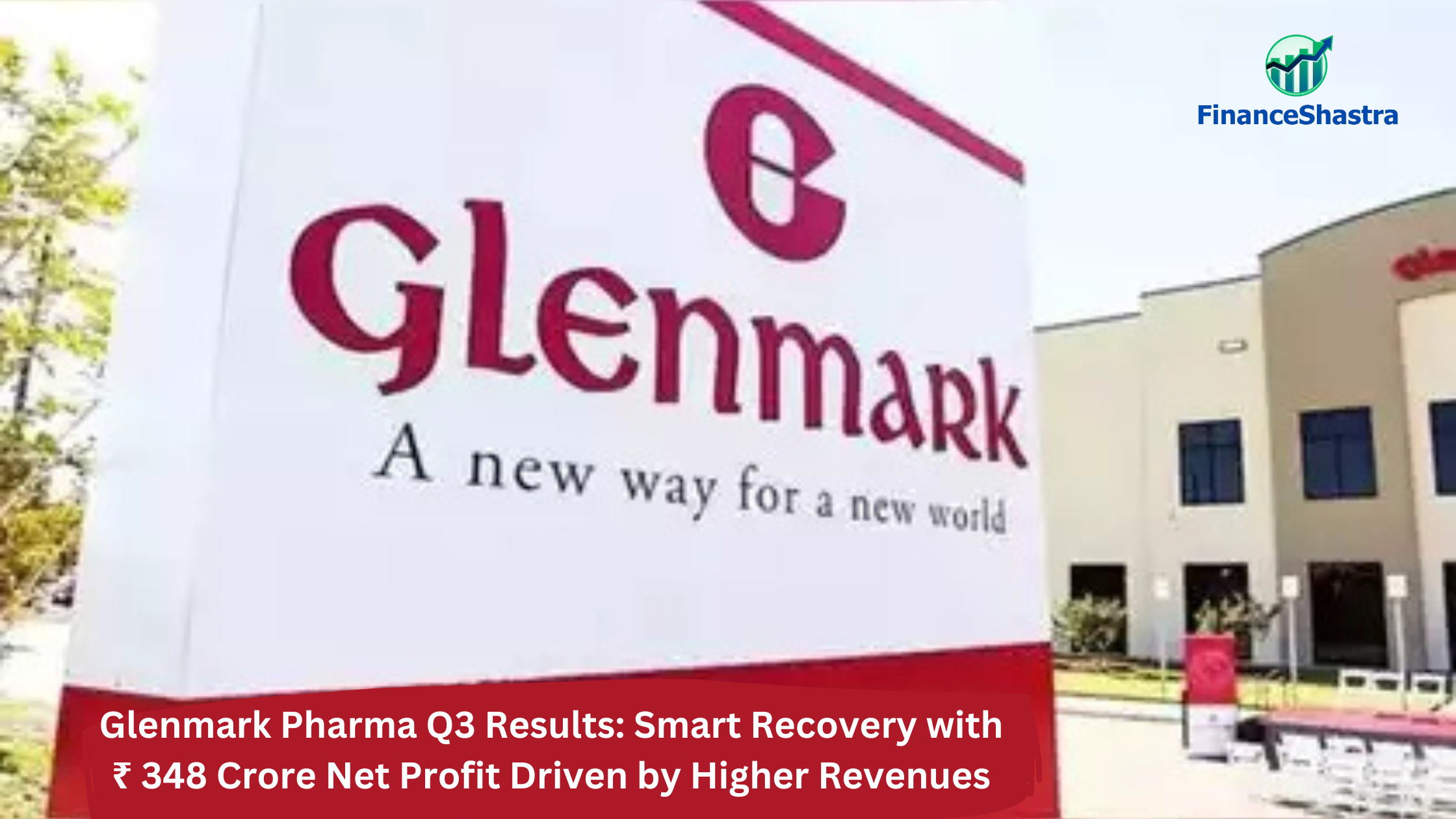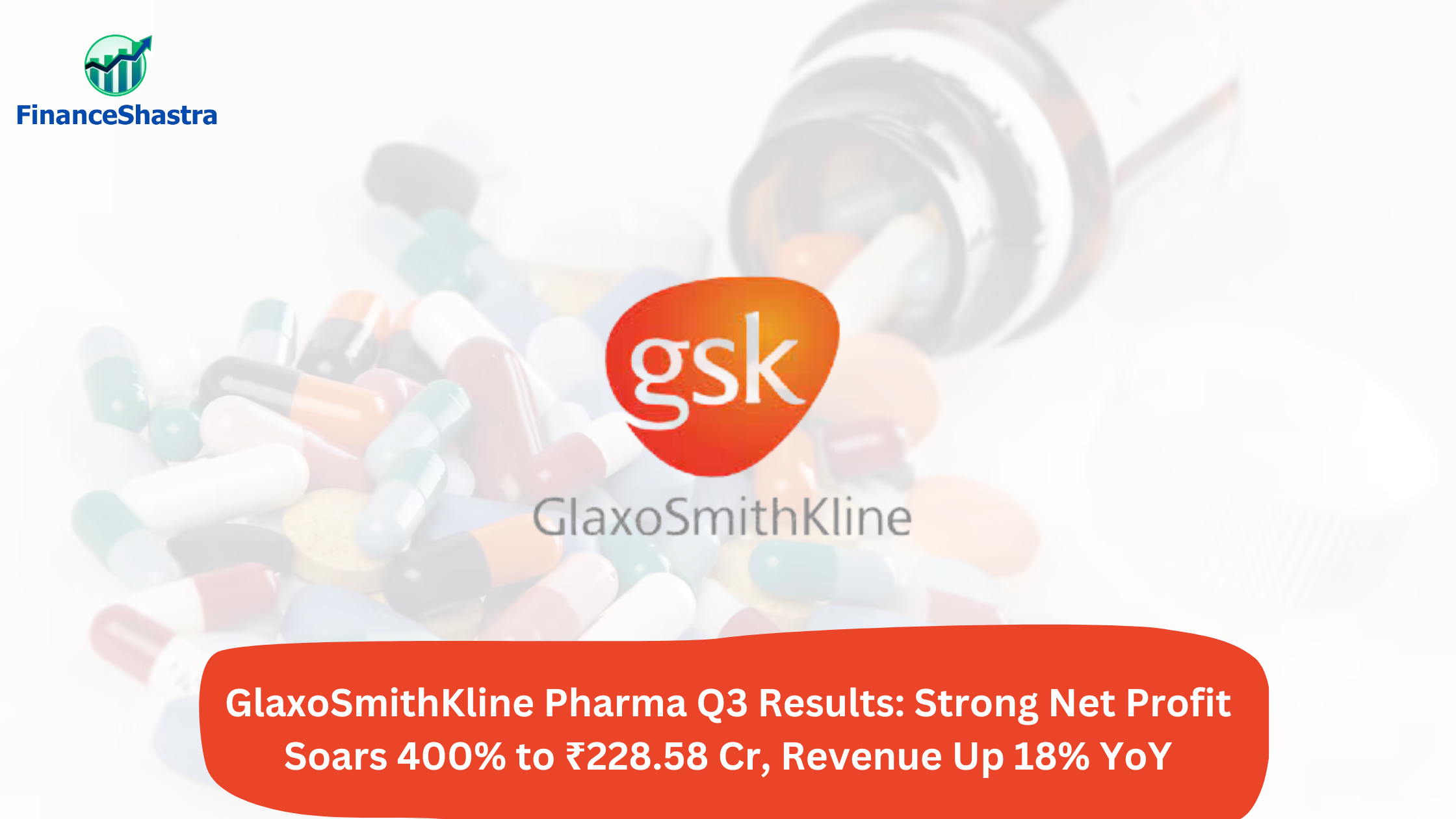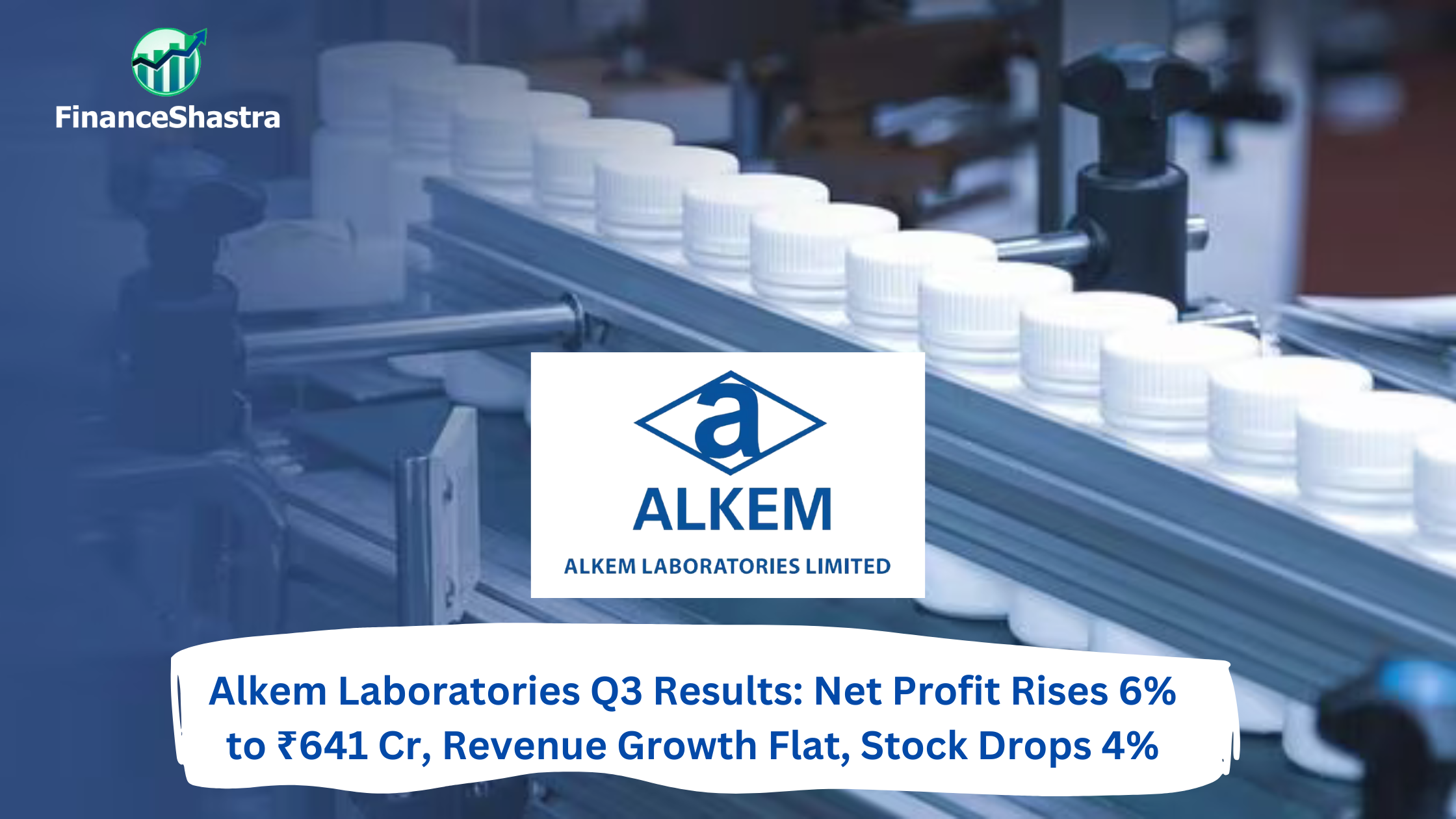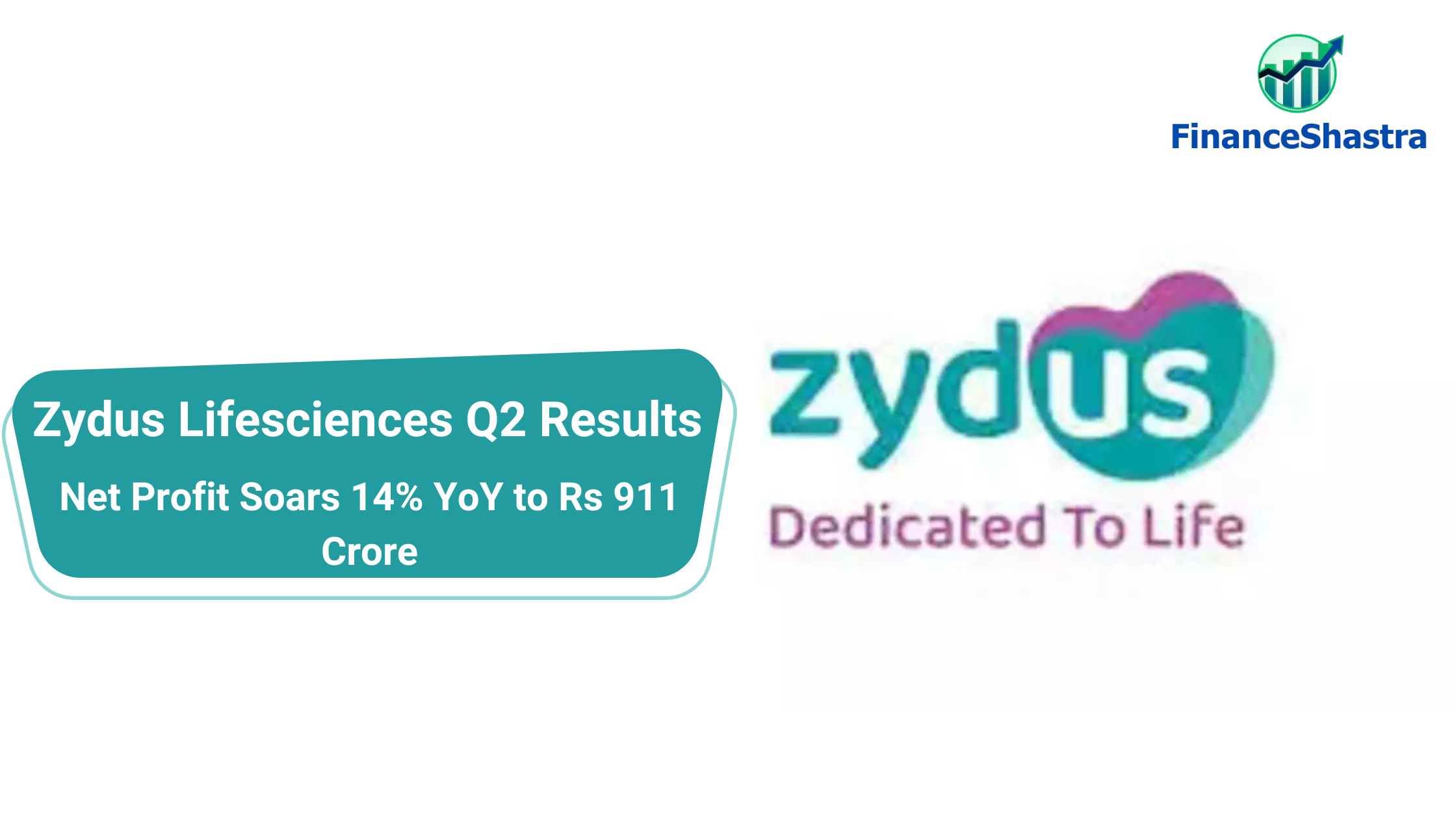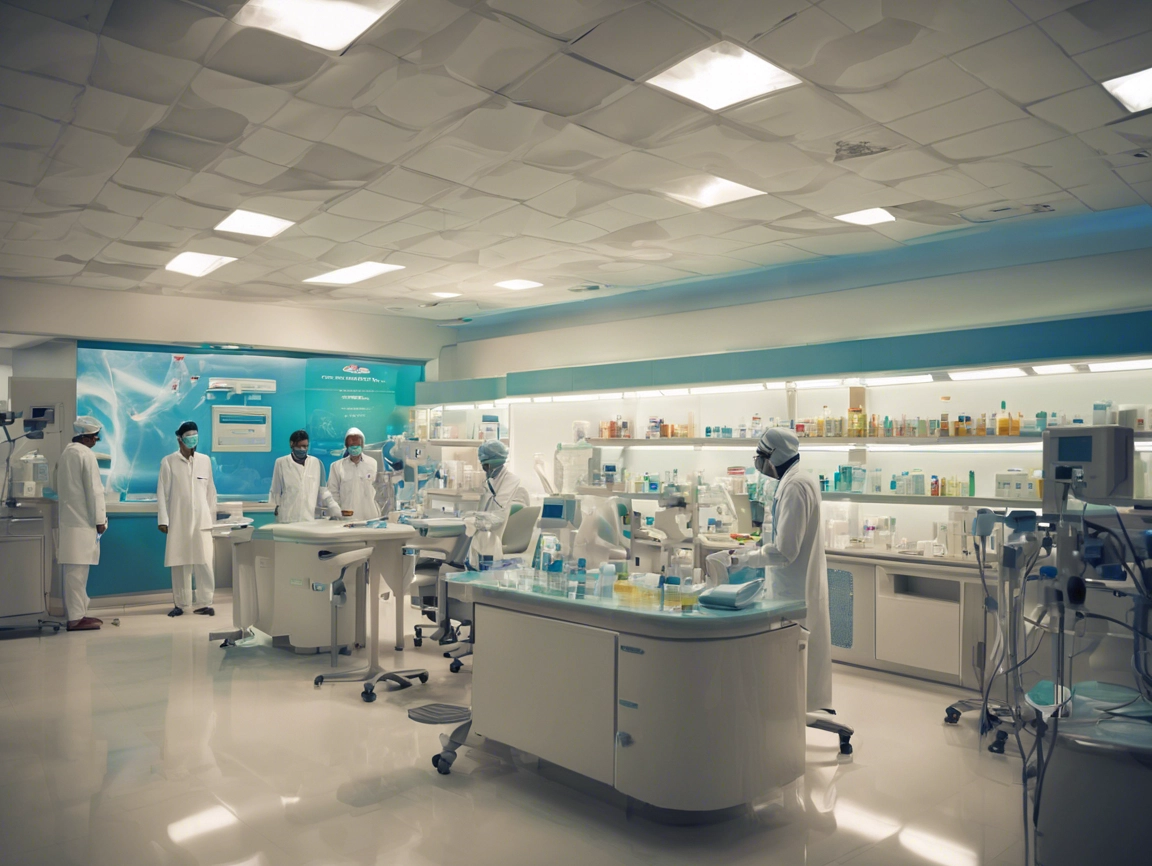Marksans Pharma Gains 4% on Australian Approval for Goa Facility & Growth Potential
Business and Industry Overview:
Marksans Pharma Ltd. is a medical company based in Mumbai, India. It makes and sells medicines in over 50 countries, including the U.S., U.K., Europe, and Australia. The company makes two types of medicines—OTC medicines that people can buy without a prescription and prescription medicines that need a doctor’s approval. It makes medicines for pain, cough and cold, digestion, heart problems, brain and nerve issues, cancer, diabetes, and infections. Marksans Pharma has modern factories that follow strict quality rules set by health authorities like the US FDA, UK MHRA, and Australian TGA. The company has a research team with 50+ scientists who develop new medicines and improve old ones. It has over 300 medicines, 1,500 product versions (SKUs), and 2,000 employees. Marksans Pharma is one of the top five Indian medicine companies in the U.K. and is growing fast in the U.S. It is working to expand more by entering new markets, making new medicines, and increasing production. The pharmaceutical industry makes medicines. These medicines help people stay healthy. They also treat different diseases. The industry includes research, manufacturing, and selling medicines. India is a big medicine maker in the world. It supplies medicines to over 150 countries. Indian medicines are affordable and of good quality.
Indian companies make low-cost vaccines. They also make important medicines for diseases like HIV. Many people from other countries come to India for medical treatment. Indian treatment is cheap and advanced. The Indian pharma industry is growing fast. It is expected to be US$ 130 billion by 2030. By 2047, it may reach US$ 450 billion. Indian companies are expanding in the U.S., Europe, and other markets. India has many approved medicine factories. These factories follow high global standards. They are approved by the US FDA, WHO, and other agencies. The government is helping the industry. It is giving money and making new policies. It allows foreign companies to invest in Indian pharma. The Pradhan Mantri Bhartiya Jan Aushadhi Kendras sell cheap generic medicines. The PLI scheme helps India make more medicines. India makes medicines at a low cost. It is cheaper than many other countries. With better technology and strong demand, the Indian pharma industry will keep growing. It will help people all over the world.
Marksans Pharma is a big medicine company. It sells good and affordable medicines. It sells in over 50 countries. It is among the top five Indian pharma companies in the U.K. The company makes two types of medicines. One is an Over-the-Counter (OTC) medicine. The other is prescription medicine. These medicines help in pain relief, cold, digestion, cancer, diabetes, and infections. Marksans Pharma has modern factories. These factories follow global health standards. Marksans Pharma has a strong research team. More than 50 scientists work there. They make new and better medicines. The company makes medicines at a low cost. This is because it is produced in India. Marksans Pharma has a fast and strong supply chain. This helps in quick and safe delivery. The company is growing fast. It is expanding in the U.S. and Europe. It is also using new technology. This helps in making better medicines. But it has low prices. It has good quality. It has strong research. It has a global presence. This makes it a strong player. The company is ready for more growth in the future.
Latest Stock News:
Marksans Pharma is growing in many countries. It’s a UK-based company, Relonchem Ltd, that got approval from the UK MHRA. Now, it can sell Baclofen 10 mg Tablets in the UK. This medicine is used to treat muscle spasms. It helps people with multiple sclerosis and spinal injuries. The company also got approval from the Australian TGA. This approval is for its Goa factory. Now, the factory can make tablets and hard capsules for Australia. This helps the company expand in the Australian market. Marksans Pharma had good financial results in the third quarter of 2024-25. The company made ₹681.85 crore in sales. It earned ₹138.77 crore profit before tax. This shows strong business growth. There is also a change in the company’s management. Mr. S.R. Buddharaju, an Independent Director, completed his 10-year term. His term ended on March 31, 2025. He is no longer a director. He is also not a member of any Board Committees now. The company thanked him for his work and appreciated his contributions. The company’s share price was ₹221.97 on April 1, 2025. This shows that investors are interested in the company. Marksans Pharma is expanding worldwide. It is following international rules. It is making good profits. It is also managing the company well.
Potentials:
Marksans Pharma has big plans for the future. It wants to expand into global markets and launch more medicines in the UK, USA, Australia, and Europe. The company is also entering new countries to grow its business. To increase production, Marksans Pharma is upgrading its factories. It is investing in infrastructure, especially in the newly acquired Teva plant in Goa. This will help the company grab more opportunities in different markets. The company is working on backward integration by filing Drug Master Files (DMFs) for key products. This means controlling the supply chain and reducing dependency on external suppliers. Marksans Pharma has big plans for the UK market. It will file 34 new products in the next two years. These will be high-value medicines with strong profit potential. During a conference call, the company answered questions from analysts and investors. It said it expects double-digit growth in the UK and US markets. Growth will come from new products and better market reach. The company is also focusing on its Over-The-Counter (OTC) business. It plans to grow by acquiring other businesses in strong markets, especially in the EU. Marksans Pharma’s financial growth is strong. Revenue has gone up due to higher sales, better strategies, and good market conditions. Big investors are showing more interest in Marksans Pharma. Foreign Institutional Investors (FIIs) now hold 15.55%, and Domestic Institutional Investors (DIIs) hold 4.76% (as of Dec 2023). This means investors trust the company’s growth.
Analyst Insights:
- Market capitalisation: ₹ 10,466 Cr.
- Current Price: ₹ 231
- 52-Week High/Low: ₹ 359 / 130
- P/E Ratio: 28.4
- Dividend Yield: 0.25%
- Return on Capital Employed (ROCE): 20.6%
- Return on Equity (ROE): 16.5%
Marksans Pharma is working hard to become a top pharmaceutical company. It is focusing on new products, better factories, strong finances, and global growth. It is growing well. Sales reached ₹2,474 Cr in the last year. This is 18% more than the previous year. Profit also increased by 26%. In the last five years, sales grew by 17% every year. Profit grew by 33% every year. This means the company is doing better every year. The company has very little debt. This is good because it does not have to pay a lot of interest. It uses its money well. The Return on Capital (ROCE) is 20.6%. This means the company makes ₹20.6 profit for every ₹100 it invests. The Return on Equity (ROE) is 16.5%. This means it makes ₹16.5 profit for every ₹100 of shareholders’ money. These numbers show good business performance. Big investors are buying more shares. This is a good sign. Foreign investors (FIIs) had 3.46% shares in 2022. Now they have 21.95% shares. Indian investors (DIIs) had 0.47% shares before. Now they have 4.30% shares. This means big investors trust the company. But there is one small worry. Company owners (promoters) had 48.25% shares before. Now they have only 43.87% shares. This means they sold some shares. This is something to watch. Marksans is not too expensive compared to other companies. The P/E ratio is 28.4. The industry average P/E is 36.75. This means Marksans stock is cheaper than many other pharma stocks. The stock gave 61% returns every year in the last three years. This is very high growth. The company is investing money to grow. It is expanding its factory in Goa. It is launching 34 new products in the UK. This can help the company make more sales in the future. One problem is that profit margins are lower. Before, the company had a 25% profit margin. Now, it is only 20%-21%. This means costs have increased.
Marksans Pharma is a strong company. It is growing well. If you already own the stock, hold it. If you want to buy, wait for a better price.

